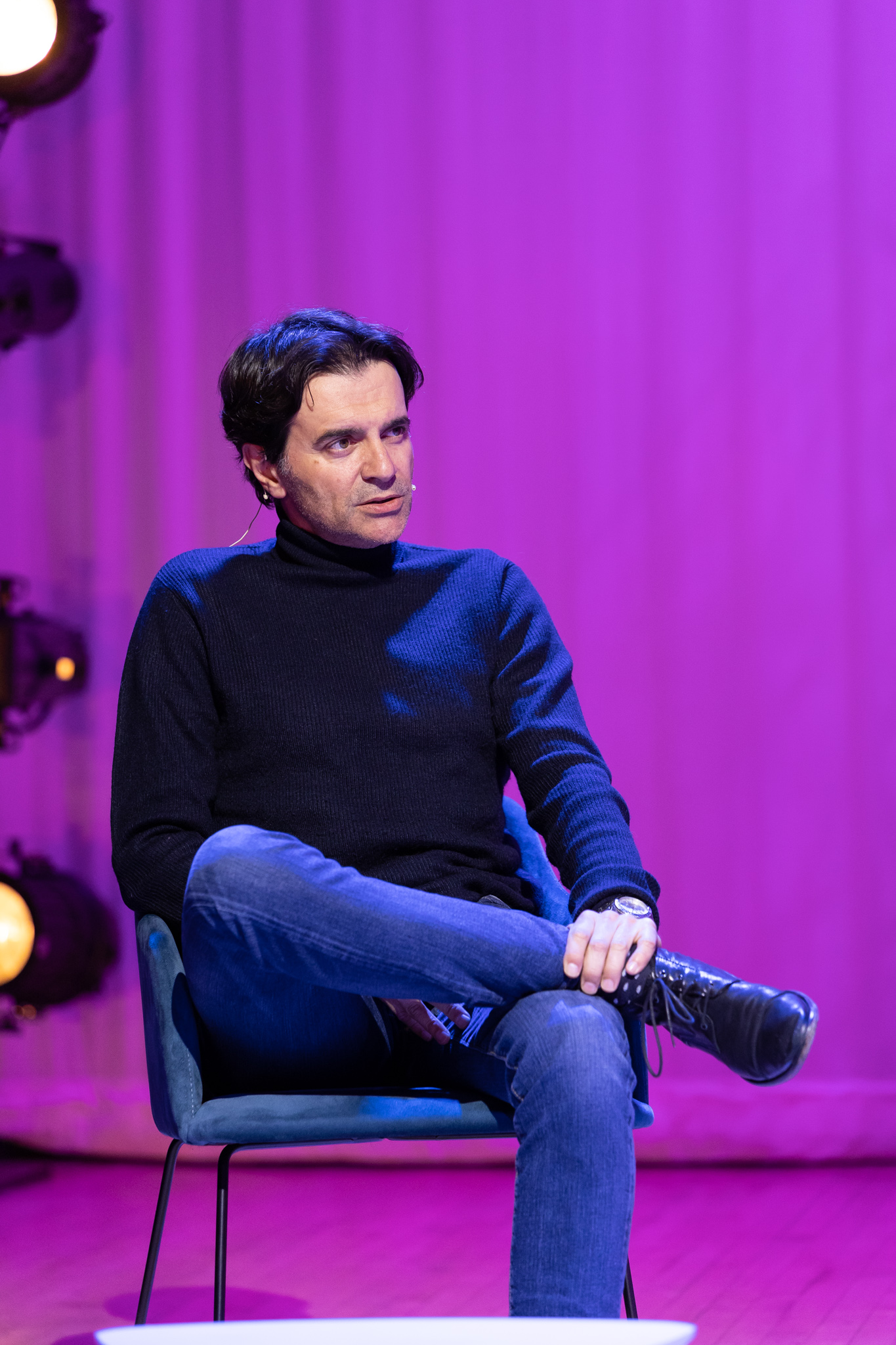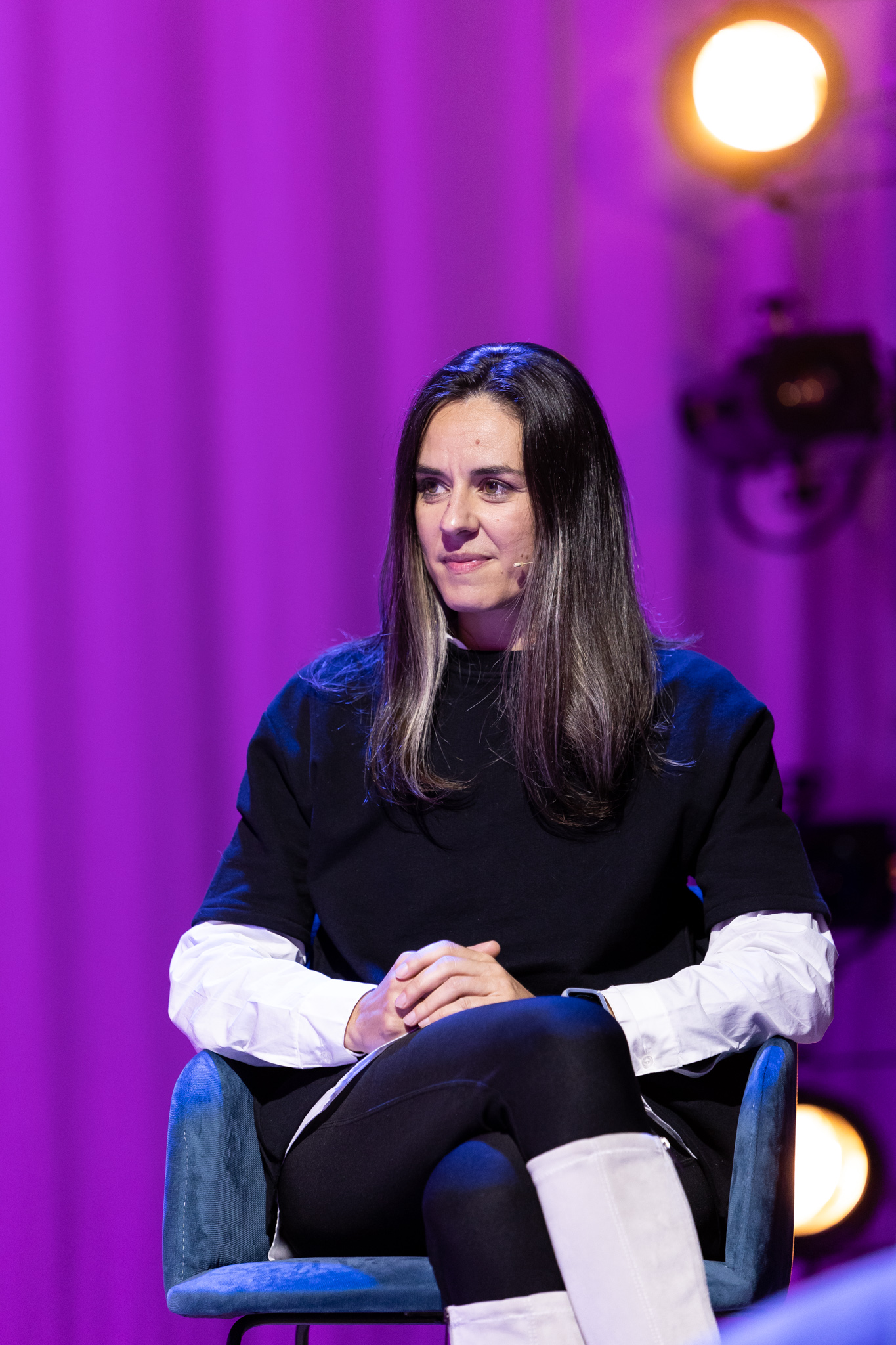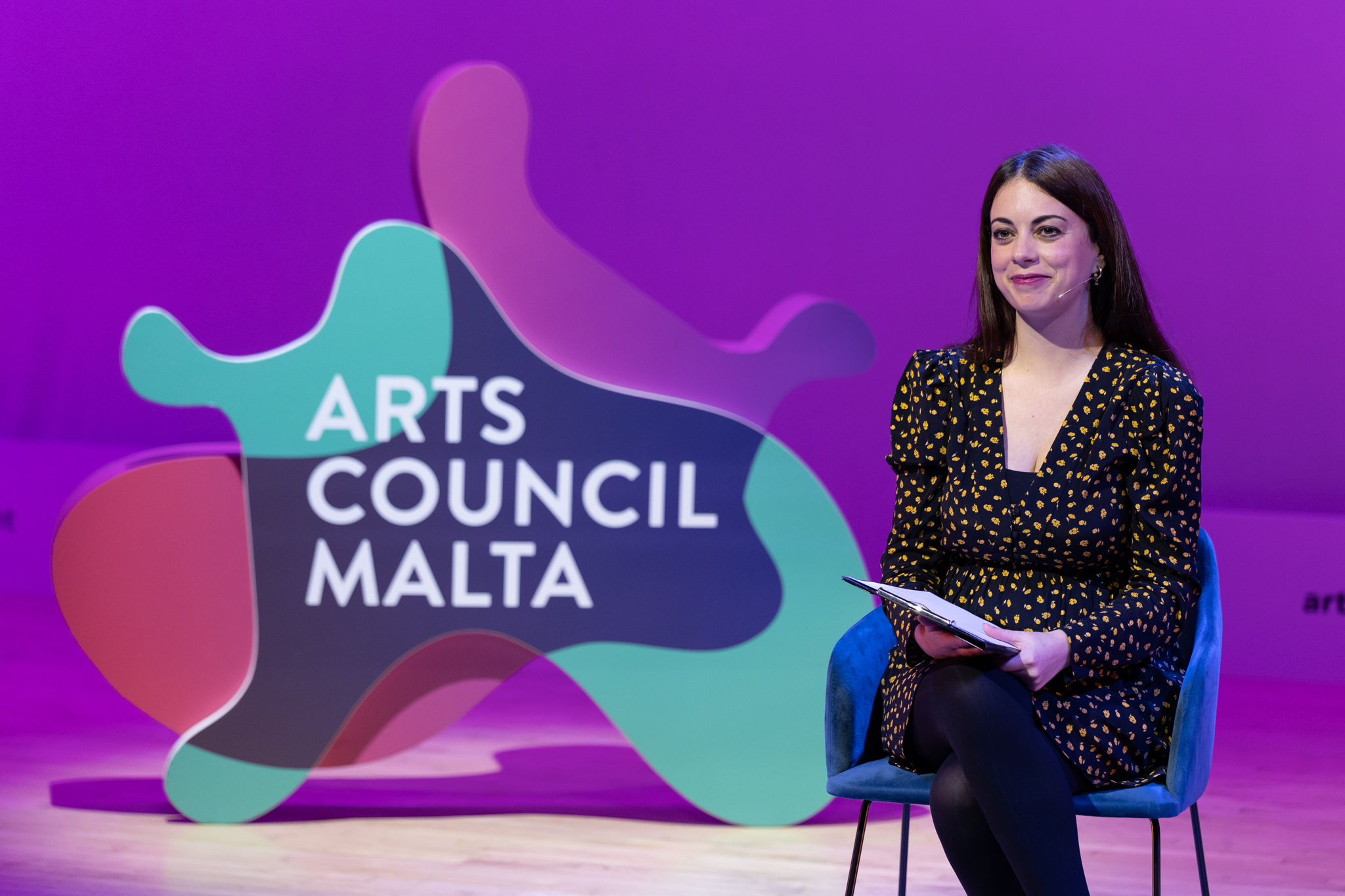New ACM Hangouts session turns spotlight on the Audience Research Survey that recently hit the headlines
ACMHangouts, coordinated and hosted by Elaine Falzon, returns with a new session that puts the spotlight on the Audience Research Survey that was commissioned by Arts Council Malta to analyse audience trends and patterns in relation to Public Cultural Organisations (PCOs).
In this third session Falzon takes the cue from media reports that sounded the alarm bell after the survey revealed audience perceptions and behaviours. The two first guests for this session are Herman Grech, theatre director and editor-in-chief at the Times of Malta, and Diane Portelli, director and choreographer at MOVEO Dance Company.

Grech kicks off the discussion by referring to a Times of Malta headline which labelled the survey results ‘abysmal’. Was the headline justified? The theatre director points out that efforts to ‘put bums on seats’ have long been ongoing by the culture community, but that clearly the sector is missing something along the way. With people willing to spend weekly amounts on restaurant outings, the question is why are people still reluctant to spend it on a cultural production instead?
Grech also touches upon the fact that survey feedback revealed that reactions to digital content were equally worrying, adding that reactions to putting his play online were evidence to the truth of these statistics.

Portelli expounds on this issue, pointing out that without an audience to support them, private companies don’t have much hope of survival. The pandemic has only made this worse, with MOVEO itself finding it a massive struggle to keep six dancers on a full-time payroll.
The discussion moves on to education, with Portelli raising the worrying issue of education. As an example, she cites how when visiting schools the number of children who don’t even know what Teatru Manoel is remains worrying, showing that we're not bringing up children with a knowledge and awareness of culture.

This highlights sustainability of the arts sector, and the dependence on government funding and the implications this brings with it The guests discuss ways in which this can be addressed, with Grech explaining that we need to go back to making arts and culture compulsory at school. Portelli also elaborates on this at length, bemoaning the fact that very few Maltese students are being encouraged to opt for the arts as a professional career. Are academic subjects being completely prioritised over the arts?
The session also includes interventions by Neville Borg, Research Executive at ACM, who explains how the survey was intended to address a gap in knowledge about the way people were adapting to culture via a series of three surveys, with many of the recommendations being specific to (PCOs) to help them keep and access better data. The study, Borg says, reveals that the sector is facing significant challenges in engaging people with the main obstacle being lack of interest.

Prof Carmel Borg, Head Of the Department of Arts, Open Communities & Adult Education within the Faculty of Education at the University of Malta, addresses lack of interest from the point of view of the audience. He brings up the notion of dissonance between the vision of cultural participation of the researcher and the need to actively listen to what the communities themselves have to say.
Artist, educator and curator Prof Raphael Vella also contributes to the session, stating that the survey results, while unsurprising, are an eye-opener. He addresses the fact that the survey methodology was directed towards PCOs rather than the entire cultural sector and that results don’t necessarily apply to the entire sector. Moreover, the issue should not be viewed solely from the point of view of the practitioners, but also from the perspective of participants themselves. He concludes by referring to the importance of reaching out to other sectors, especially the educational one.
Watch the session below.
Submitting ...
Saving ...
Any applications related to this entity, will also be automatically deleted.